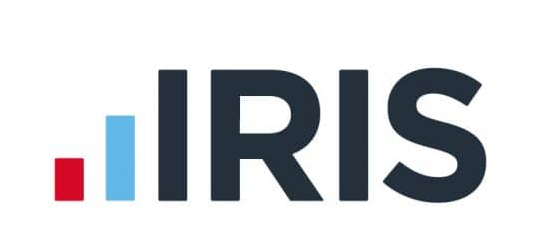Sole trader vs limited company – which is best for you and your business?
This is a subtitle for your new post

Sole trader vs limited company – which is best for you and your business?
When you are starting a new business venture. you’ll want to think carefully about how to structure it and whether you opt to be a sole trader or register as a limited company. The final decision will depend on several factors, including how you plan to grow your business. In this article we look at some of the differences between sole trader and limited company structures to help inform your planning.
What is the difference between a sole trader and limited company?

As a sole trader, you and your business will be considered as one legal entity. You benefit from all profits, although you also take on all the liabilities. With a sole trader structure there can only ever be one owner of a business, which means you cannot have partners or fellow directors with a share of the business.
A limited company is a legal entity in its own right, separate from the director(s). This means your personal assets will not be linked to the company. Directors and shareholders cannot be pursued personally for company debts. Limited companies can have a sole director/owner or multiple owners and shareholders.
Some pros of operating as a limited company

Advantages to consider in relation to operating as a limited company include:
- It is easier to raise investment for growth, bring in additional shareholders and apply for business grants. For this reason, limited companies can find it easier to scale up and grow.
- Operating as a limited company allows more opportunity for personal tax planning because income tax is only paid when a salary or dividend is extracted from the business. Whereas with a sole trader, income is accounted for under the cash accounting basis tax is paid on all the profit made in the tax year.. Sole traders are subject to income tax, which is paid at the higher rate once profits exceed the threshold.
- Directors can choose to be paid a small salary and take additional income as dividends. This can lead to a lower tax bill, although the taxation rate of dividend income has increased in recent years.
- There are various tax incentives and benefits available to limited companies which are not available to sole traders, such as R&D tax credits.
- If you are planning to sell your business at some point in the future, operating as a limited company makes this process much easier. This is partly because of the ability to bring in investors and shareholders and also because the business is a legal entity in its own right, which means it can continue to exist even if the original owners leave the business.
Some pros of operating as a sole trader

Advantages to consider in relation to operating as a sole trader include:
- Setting up and operating as a sole trader is very simple. There is no need to register with Companies House and you don’t necessarily need a business bank account, although we would recommend having one (or at least a separate current account to give greater clarity with your numbers and to make accounting and bookkeeping easier). Even though you won’t register with Companies House, you will need to inform HMRC that you are trading.
- It is easy to switch to a limited company or partnership as your business grows.
- You are not subject to the Companies Act which means your accounts do not need to be made publicly available on the Companies house website.
- Withdrawal of funds. If you operate your business as a sole trader, you can generally introduce or withdraw cash from the business without any tax implications. With a Limited Company the company’s money and your money are separate – this can frequently be forgotten by some business owners! There can be adverse tax implications if this isn't managed correctly however this is something a good accountant will help you with.
- You can use the cash basis of accounting which simplifies accounting for small businesses.
Before you decide which option to take, we recommend talking to us first. The final decision will also depend on whether you have any other income or are involved in additional business activities. It will also be hugely beneficial to introduce digital processes from the outset, giving you a clear view of your income and expenditure from day one. You can find out more about the advantages of digital accounting in our article 6 Benefits of Using a Cloud Accountant
You may also be interested in reading our article How to apply for a mortgage when you’re self-employed
To discuss a new business venture, growth of your existing business or how to prepare for sale and exit, contact our experienced team of accountants on 01423 222710.
If you found these news items interesting please feel free to share with your friends, family and colleagues.
















